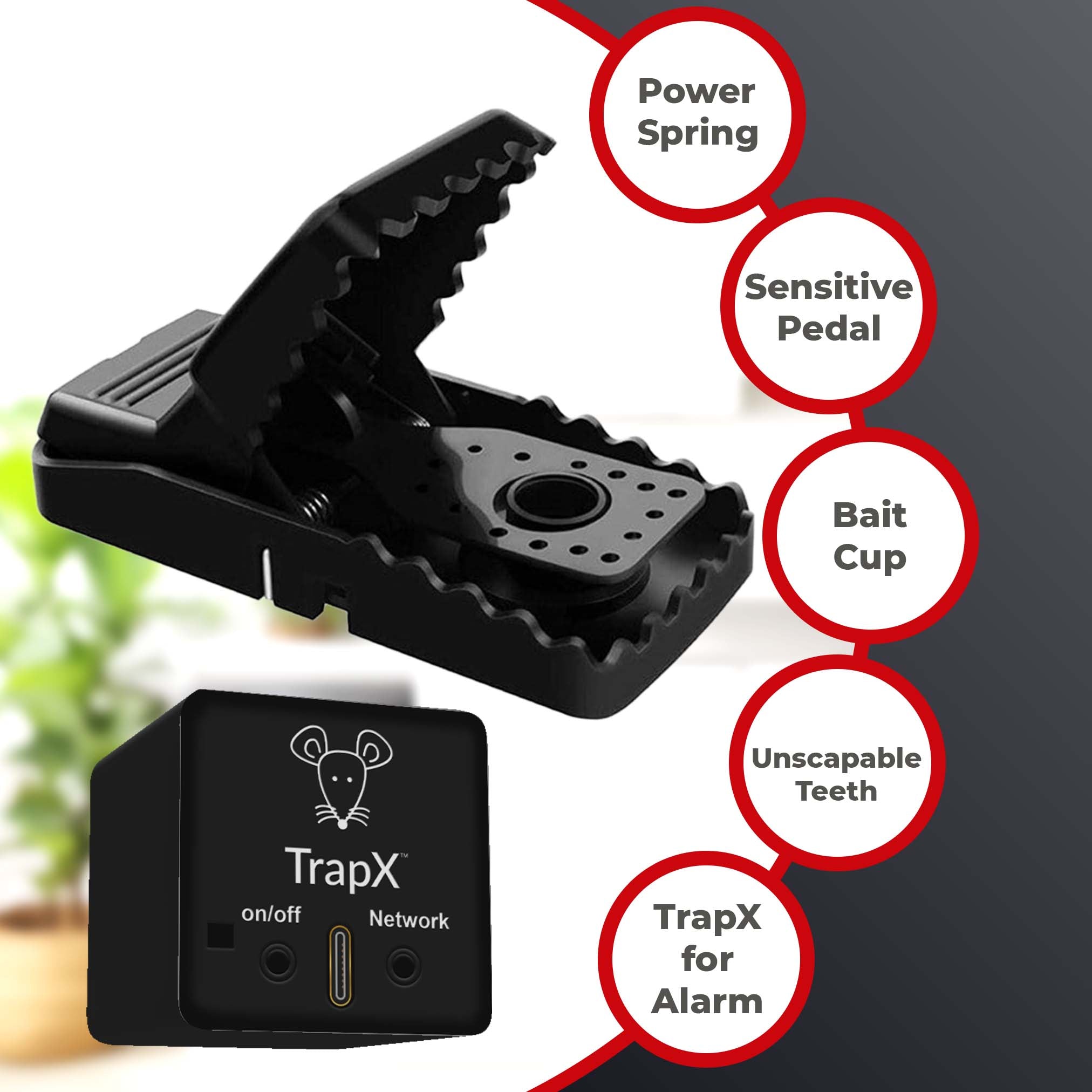Maintaining a safe and clean living space is paramount, especially when dealing with potential contaminants and unwelcome rodents. If you're facing issues with these intruders, a DIY approach to decontaminating and rodent-proofing your home can be both effective and fulfilling. By leveraging natural methods and materials, you not only protect your family from harmful chemicals but also reduce your environmental footprint.
This in-depth guide covers proven strategies to both decontaminate and rodent-proof your home. Armed with this information, you can take charge and create a healthier living environment for you and your family.

Understanding the Importance of Decontamination
A thorough cleaning routine is vital for a healthy home, but decontamination takes it a step further by addressing harmful bacteria, viruses, and other pathogens that can cause illness. This is especially crucial if you've had rodent issues recently, as they can carry diseases and leave behind dangerous contaminants.
Common Contaminants Left by Rodents
Rodents can introduce a range of contaminants into your home, including:
- Salmonella and other bacteria from droppings
- Hantavirus from urine
- Fleas and mites
- Allergens from dander
Removing these contaminants is the first step towards a healthier home environment.

Natural Methods for Decontamination
Using natural cleaning agents is an effective and safe way to decontaminate your home. Here are some recommended methods:
Vinegar Solution
A mixture of white vinegar and water serves as a powerful, natural disinfectant. Its acidity effectively kills bacteria and viruses. Mix equal parts vinegar and water in a spray bottle to clean affected areas.
Hydrogen Peroxide
Hydrogen peroxide is another effective disinfectant for cleaning surfaces contaminated by rodents. Apply it directly to the surface, let it sit for a few minutes, and then wipe clean.
Baking Soda
Baking soda is excellent for neutralizing odors left by rodents. Sprinkle it onto affected areas, let it sit for a few hours, and then vacuum it up.

Rodent-Proofing Your Home
Once your home is decontaminated, the next crucial step is to ensure rodents cannot return. Here are some effective strategies for rodent-proofing:
Seal Entry Points
Rodents can squeeze through even the smallest cracks and holes. Conduct a thorough inspection of your home and seal all entry points using materials like steel wool and caulk.
Curious about some of the best traps for protection? Check out Rodent Control Solutions.
Maintain Cleanliness
Rodents are typically attracted to food. Keeping your home clean and free of food debris will make it less appealing. Store food in sealed containers and keep your kitchen and dining areas tidy.
Learn more about efficient solutions Mouse Trap Guide.
Use Natural Repellents
Several natural repellents can help keep rodents at bay. For example, peppermint oil is known to be highly effective. Soak cotton balls in peppermint oil and place them in areas where rodents are likely to enter.
Need more ideas? Read our article on Effective Mouse Traps.
Creating a Safe and Healthy Home Environment
By following these DIY methods to decontaminate and rodent-proof your home, you can ensure a safe and healthy living environment for you and your family. Regular maintenance is key to preventing future infestations and keeping your home clean and contaminant-free.
For more eco-friendly tips, see Comprehensive Trap Guide.
FAQ
-
Q: What are some common signs of a rodent infestation?
A: Common signs include droppings, gnaw marks, nests, and a musky odor. -
Q: How often should I decontaminate my home?
A: It's a good idea to conduct thorough cleaning and decontamination at least once a month or immediately after noticing signs of rodent activity. -
Q: Can I use commercial rodent repellents?
A: While commercial repellents are available, natural methods are usually safer and environmentally friendly. Essential oils like peppermint and eucalyptus can be very effective.
For additional rodent control tips from experts, check out this romneypestcontrol.
For more tips on maintaining a rodent-free home, consider visiting this EPA Guide on Rodenticides.
As an Amazon Associate, I earn from qualifying purchases.
